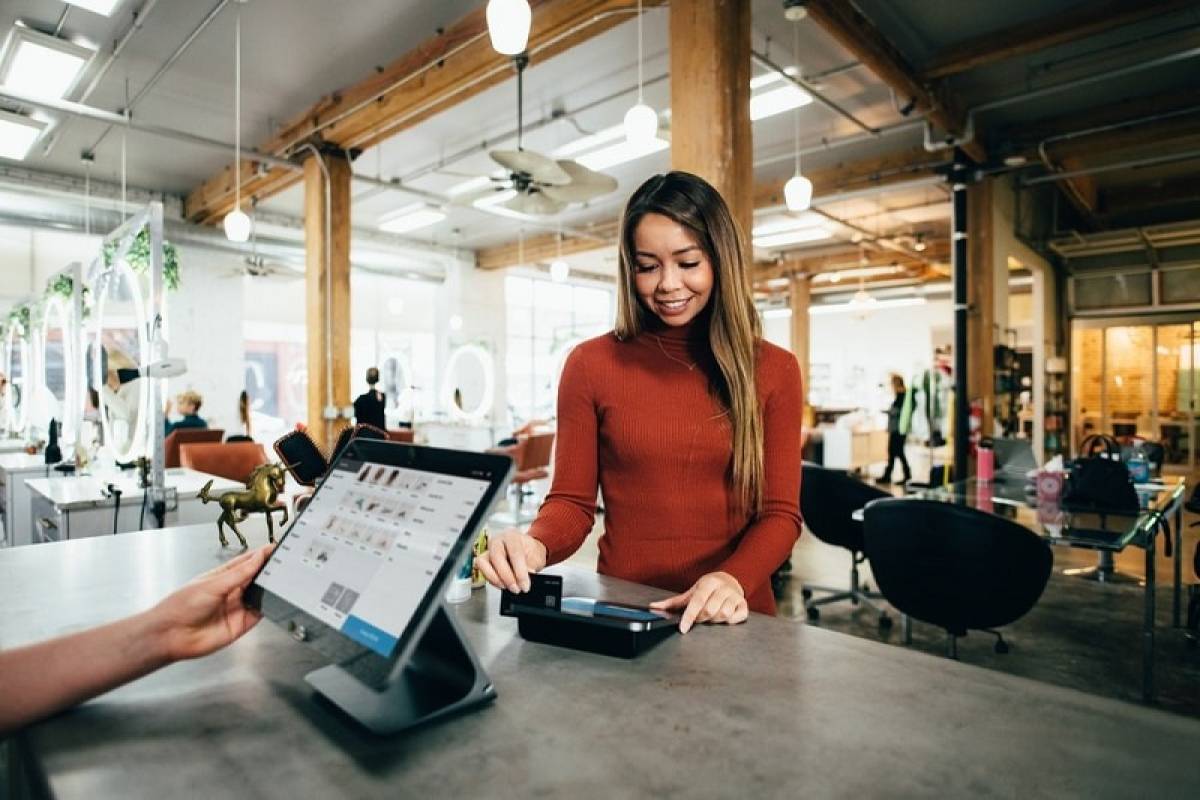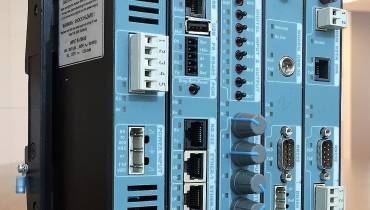10 Key Features to Check When Buying Point-of-Sale Systems

If you're looking for a new point of sale (POS) system, it's easy to get frustrated these days. Why? Because there are hundreds of choices available on the internet, each with its own set of features. It could make you wonder, "What do I really need?" What extras will assist me in my development?”
Allow me to assist you and walk you through the features you should look for in a new point-of-sale system (and which extras will actually help you grow).
To begin, let's assume that you're not looking for a plain old POS anymore, even if you're running the banana stand from Arrested Development. You're on the lookout for retail management software.
In that case, your POS apps should be part of a broader solution that lets you run and expand your company from beginning to end in today's world.
1. Product lookup and/or quick keys
Quick keys are POS financing system shortcuts that allow associates to sell a common item by pressing a single button. In the meantime, the rest of your catalogue should be available.
When it comes to ringing up orders, choose a POS that allows you to easily scan or lookup items. This search feature should ideally be located on the sale screen, so your cashiers don't have to switch to another screen to look up an object.
2. Split payments/multiple payment methods
Extend the payment options beyond cash and credit cards. Look for a point-of-sale system that accepts mobile payments.
You should also be able to break payments if a customer wants to pay with a combination of gift cards, an Amex, and cash.
3. Returns, refunds, and store credit are all available options.
Consumers are increasingly preferring stores with shopper-friendly practices, so a store's return policy can be critical to its success.
To that end, make sure your POS financing system will assist you in developing the best return policy for your store by giving you the flexibility to return goods for refunds or store credit.
4. Permissions and user accounts
Unless you're a one-person shop, you'll almost certainly have many employees working the registers. You'll need a system that lets you build a user for each of them so you can keep track of how much money they earn.
This feature of point of sale will eventually allow you to set sales targets (or see if one of your employees is perhaps being dishonest).
You can also get a system that allows you to password-protect each user and allows you to choose whether or not you want each new sale a user makes to require them to log in.
Of course, the way your store is run will influence your decision. In big box stores like Target, for example, an employee logs in once and stays logged in during their time at the register. This is due to the fact that workers are required to work at a register for the majority of their shift.
Employees at several small shops, on the other hand, log in for each new sale since they are supposed to leave behind the desk until the sale is over.
5. Mobile Counting Machines
It's the digital age, and you can't afford not to have mobile registers at this stage. In most cases, you'll want to look for a cloud POS financing solution that includes a mobile app, so that you can use your apps on the go (such as iPads).
Mobile registers are great because they allow you to ring someone from anywhere in the shop, which eliminates lines. You can also build pop-up shops by taking them on the road!
Even if you never want to switch your registers away from your desk, tablets are simply less expensive and bulkier than standard desktop registers.
6. Display that is visible to customers
A customer-facing monitor allows a customer to watch the transaction take place on a (usually secondary) screen as they are being rung up.
Customer-facing point of sale screens provide a high degree of insight into the transaction and make it simple for consumers to point out any errors in the order before it is placed.
This feature is not needed if it is out of your price range, but it should be considered if you have the funds available.
7. Composites and product versions
Look for a framework that enables you to build product variants. Consider a shop that sells clothes. If they sell the same shirt in six different colors, the system should be able to record it as a single shirt with multiple colors rather than six separate shirts.
A common concept is composite materials. A composite product in POS financing is one that is produced from your existing goods. A wine shop, for example, would choose to be able to sell a case of wine as an item because it offers a 10% discount on cases.
Instead of ringing up each bottle and doing the math to get the discount, their inventory system might allow the associate to ring up a case as a separate item at the lower price.
8. Orders from stock and orders that are automatically filled
It should be simple to order more stock for your store using your inventory management system. You should be able to build the stock order in your system and then submit it to your suppliers.
Some companies would benefit from a device that can produce orders for them automatically. An auto-fill feature will save you a lot of time if you have some products that are always in demand.
9. Transfers of stock
A stock transferring function is important for a store with multiple physical locations. Stock transferring allows you to quickly switch goods between stores and shift inventory from one place to the next.
10. Promotions are available.
To transfer your inventory, you may need to run promotions or discounts. Choose a system that makes things simple so you don't have to think about manually changing rates or product information while discounting.
In conclusion
The key features of point of sale systems mentioned above should help you figure out which solutions are best for your stores. Make a list of some of your top options using this information, and then contact the software vendors to see if they can provide more information.
All of these features would be provided by a good retail management system, allowing you to concentrate on increasing your company rather than thinking about things you can't control. Don't settle for anything less than the best.



















